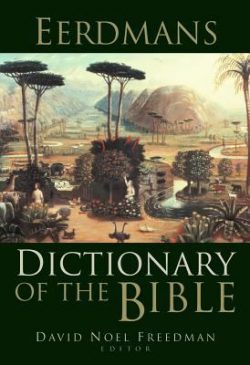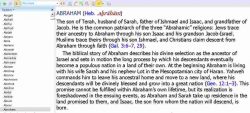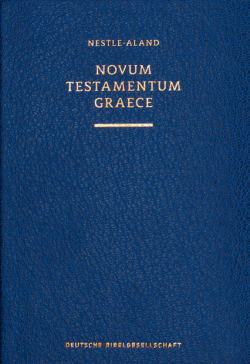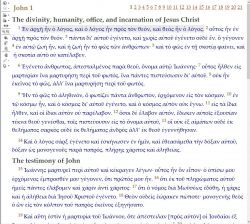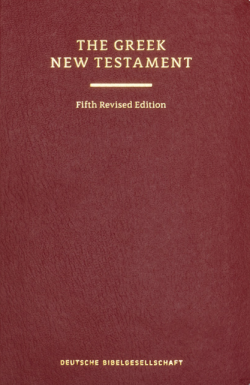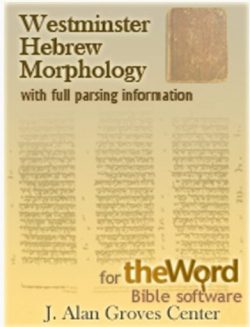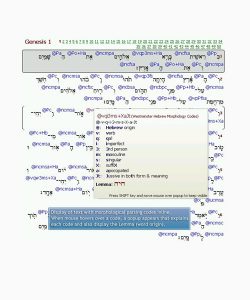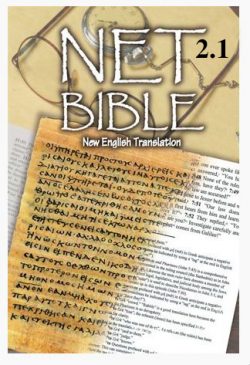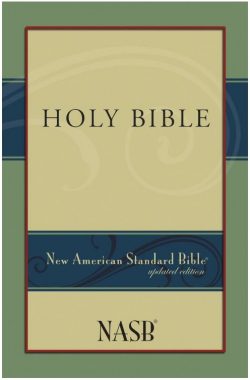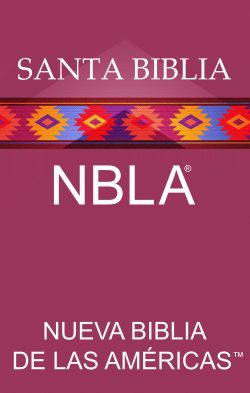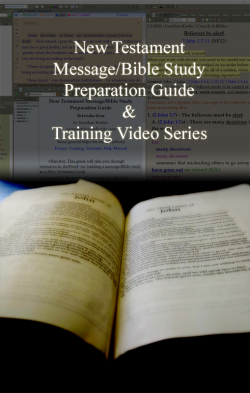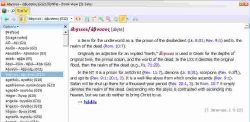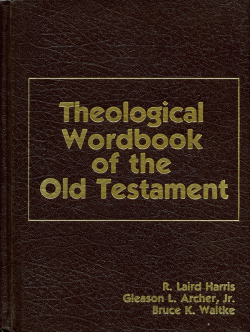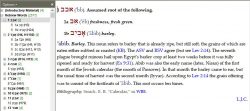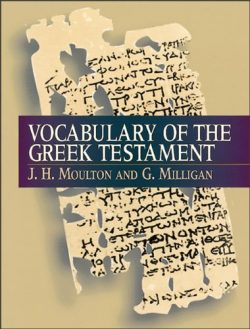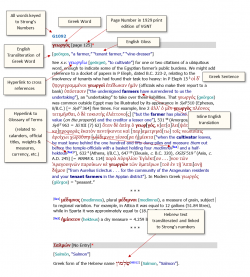Studies in theWord
(Note: The resources are right after the study.)
Brothers and sisters,
A challenge as you study the Word of God in your native language. As we study at times we interpret scripture based on our understanding of a word, phrase, paragraph in our native language. At times we may be correct and at other times we may miss the correct interpretation of the passage. What greatly helps this is a read, re-read, and read again and again approach to help understand the language, grammar and historical context. Here is an example in the English language of the word “hope” which often in our cultural context for example here in USA can mean “a wishful desire.” However, Biblically in the New Testament the context usually indicates “hope” to be a “confident expectation.” So how do we go about getting to the meaning of a word in the Bible in our native language. This is where Biblical dictionaries, and lexicons are of a great help. Here are a couple examples from NASEC and AMGL (by the way this is “Free to You” in the official repository.).
NASEC:
ἐλπίζω
elpizō; from ἔλπομαι elpomai (to anticipate, expect); to expect, to hope (for) :–
NASB usage: expect(1), expected(1), fix…hope(2), fixed…hope(2), hope(13), hoped(3), hopes(1), hoping(4), set…hope(2), trust(1).
AMGL:
ἐλπίζω,
[in LXX chiefly for H982, also for H2620, H3176 pi., hi., etc.;]
to look for, expect, hope (for): . . .
Now there may be times where it can lean toward “a wishful desire” this is where many of the tools inside theWord Bible Software can help us wrestle through these concepts. Therefore, we have various resources on sale that lean to the study of the Word of God using Strongs Numbers, Greek, and Hebrew.
I pray these will be a blessing in your studies as you dig in and grow in the Word of God.
In Christ,
Jonathan Koehn @ theWordBooks Team

